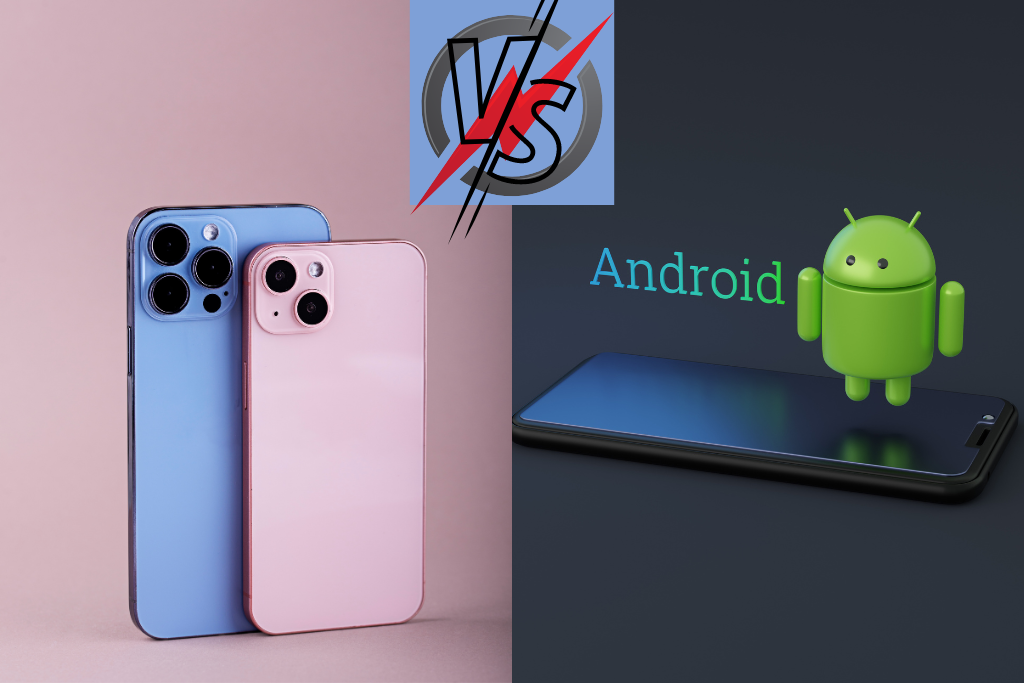
In the world of mobile devices, two major players dominate the market: Apple’s iPhone and the vast array of smartphones that run on Google’s Android operating system. While both have their unique strengths and weaknesses, one question that often comes up is about the shelf life of these devices. How long can one expect their iPhone or Android phone to last before becoming obsolete? Through this article, we at Genius CPR will try to find out the facts.
First, it’s essential to understand what we mean by the shelf life of a mobile device. This term refers to the amount of time a phone can remain relevant and usable without becoming obsolete or facing significant performance issues. Several factors determine a phone’s shelf life, including hardware, software updates, and app compatibility.
One of the most significant differences between iPhones and Android phones is how software updates are handled. Apple’s iOS updates are available to all supported devices simultaneously. This means that even older iPhones can receive the latest updates and take advantage of new features. In contrast, Android phones are at the mercy of the manufacturer and carrier when it comes to receiving software updates. This often leads to some devices receiving updates much later than others, and some devices not receiving updates at all.
Another factor that affects the shelf life of a mobile device is hardware. Apple has always been known for its strict control over the hardware that goes into its devices. iPhones are designed to work seamlessly with Apple’s software, which results in a smooth and reliable user experience. On the other hand, the sheer number of devices running on the Android operating system means that hardware compatibility is not always guaranteed. Some manufacturers may cut corners on hardware to keep costs low, leading to poorer performance and shorter shelf life.
Battery life is another critical factor in the shelf life of a mobile device. Both iPhones and Android phones can experience battery degradation over time. However, iPhones have historically had better battery life than their Android counterparts. This is due to the tight integration between hardware and software that Apple is known for. In recent years, some Android manufacturers have caught up in this regard, but iPhones still tend to have better battery life overall.
App compatibility is another aspect to consider when discussing the shelf life of mobile devices. As operating systems evolve, older apps may become incompatible with newer versions of the OS. This can lead to a situation where users are stuck with an older version of an app or have to switch to a new device to continue using the latest version. In general, iPhones tend to have better app compatibility than Android phones, partly due to Apple’s strict control over the App Store.
So, when it comes to the shelf life of an iPhone vs. an Android phone, which one lasts longer? In general, iPhones tend to have a longer shelf life than Android phones. This is due to several factors, including the tight integration between hardware and software, consistent software updates, better battery life, and better app compatibility.
However, this does not mean that all iPhones will last longer than all Android phones. Factors such as usage patterns, maintenance, and accidental damage can all affect a phone’s shelf life. Additionally, newer Android phones from top manufacturers like Samsung and Google can often match or even surpass iPhones in terms of hardware and software quality.
In conclusion, the shelf life of a mobile device is a complex issue that depends on several factors. While iPhones tend to have a longer shelf life than Android phones, there are always exceptions to the rule. Ultimately, the best way to ensure a long shelf life for any phone is to take good care of it, keep it updated, and use it responsibly. In case of any damage to your iPhone or Android phone, you can always bring them to Genius CPR – the best cell phone repair center. You can count on Genius CPR to take care of all your cell phone needs!

